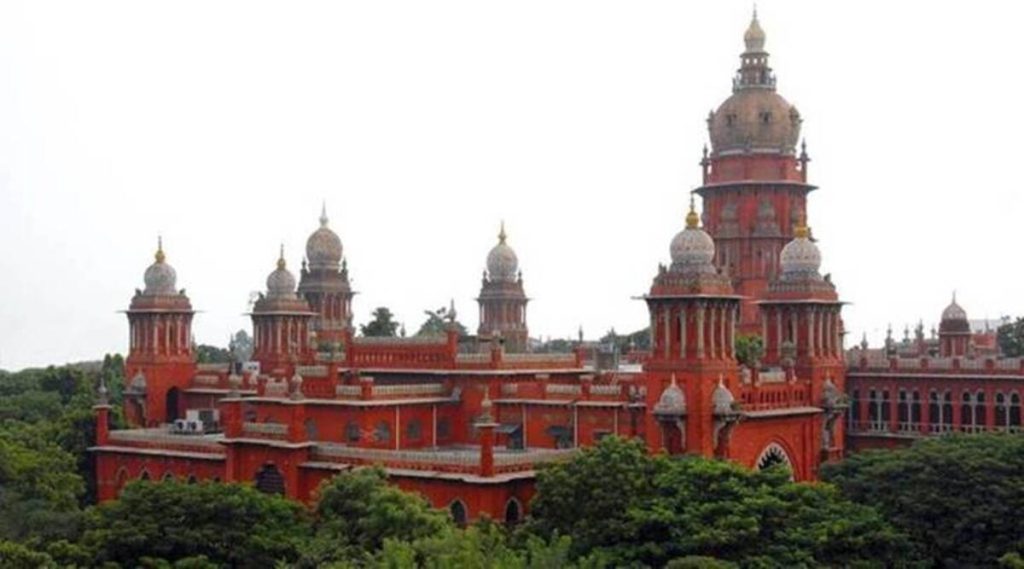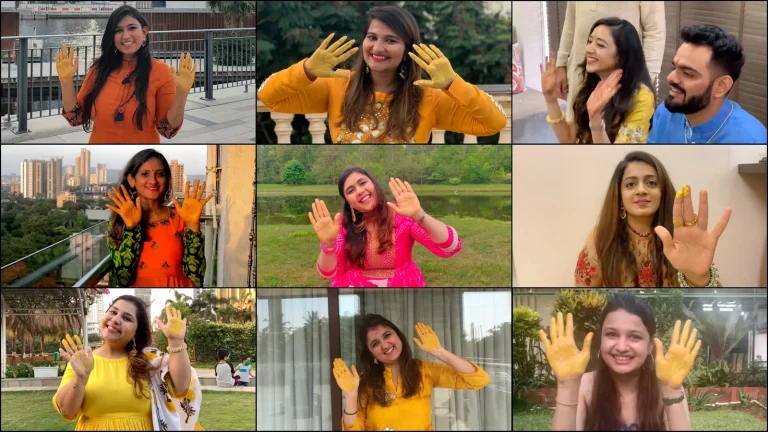Thanks to the Madurai Bench of the Madras High Court, which approved the virtual wedding, a Tamil Nadu woman is prepared to wed an American citizen of Indian descent. After hearing a writ petition, Justice G R Swaminathan declared that the right to marriage is a basic human right and that sections 12 and 13 of the Special Marriage Act, 1954 should be interpreted to fully realise this right.
According to Section 12(2) of the Act, the parties may pick any format for the marriage ceremony.

The parties in this case have selected the online mode. Since the law must evolve to keep up with the development of technology, the parties’ decision here more than meets the requirements of the law. Vasmi Sudharshini P N, the petitioner, asked the respondent Sub-Registrar, Kanyakumari, for permission to conduct a video conference ceremony to legally wed Rahul L Madhu.
She begged for the marriage to be legally recognised and for a marriage certificate to be given in accordance with the Special Marriage Act of 1954.
The court ordered the Sub-Registrar to make arrangements for the writ petitioner’s marriage to Rahul L. Madhu to be solemnised via virtual mode in the presence of three witnesses.
Justice Swaminathan stated in the judgement that the parties to the marriage are very much capable of getting married and highlighted a decision that stated that it is not required for both parties to be Indian citizens.
“Therefore, I maintain that there is absolutely no legal reason why the marriage cannot be solemnised.
The petitioner has Rahul L. Madhu’s power of attorney. Following the marriage ceremony, the petitioner may sign the marriage certificate book on behalf of Rahul L. Madhu and herself. The respondent will then issue the marriage certificate in accordance with Section 13 of the Act. ” Rahul Madhu, an American, and Sudharshini, a Kanyakumari inhabitant, fell in love. Rahul travelled to India since the couple desired to wed.
He and the petitioner submitted a combined application to the Sub Registrar on May 5, 2022, in accordance with the Special Marriage Act. After a notice was published, Rahul’s father and another individual objected.
The marriage officiant reached the decision that the protests are unjustified. The required 30 days came to an end on June 12, 2022.
The next day, the parties appeared before the Sub-Registrar. The respondent, however, did not assist in the solemnization of marriage, according to the court, for reasons that are not quite clear.
Rahul had to return due to visa regulations, thus he could no longer wait. The couple requested for permission to marry under Section 12 of the Act notwithstanding the fact that the bride is from India and the bridegroom is from America.











